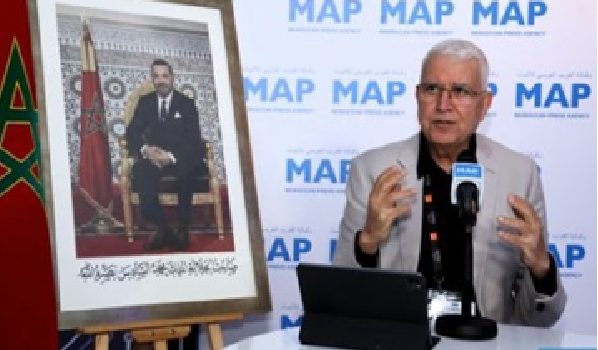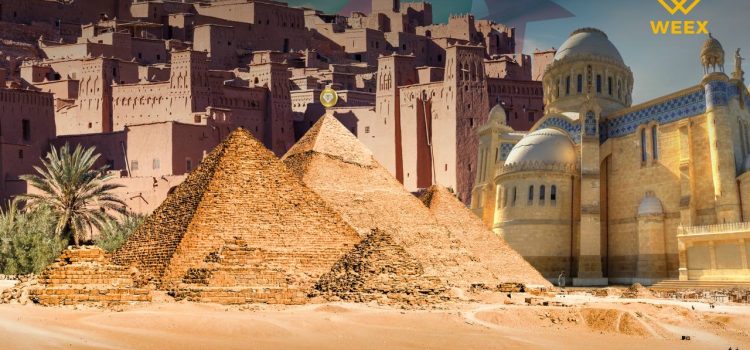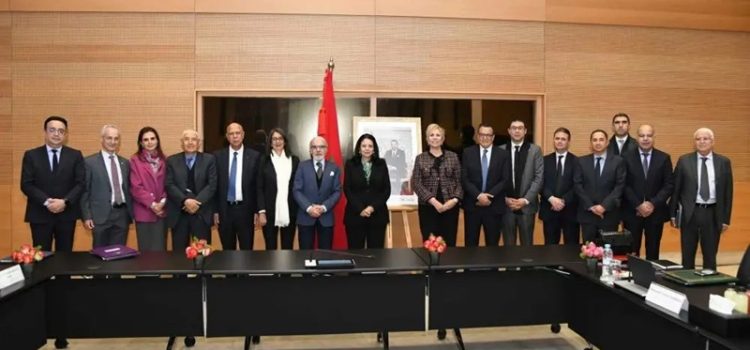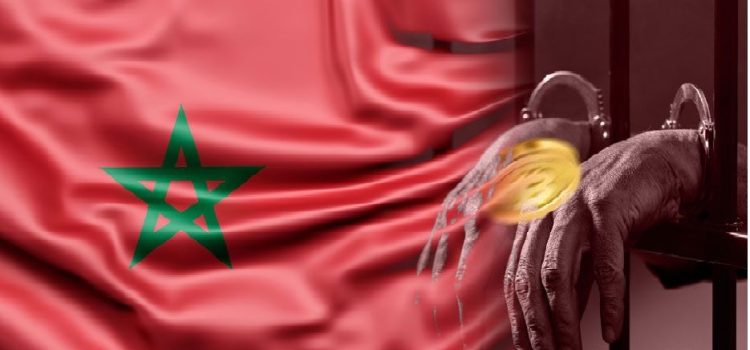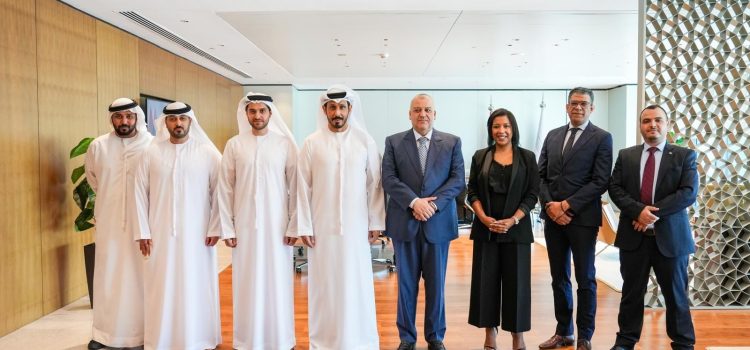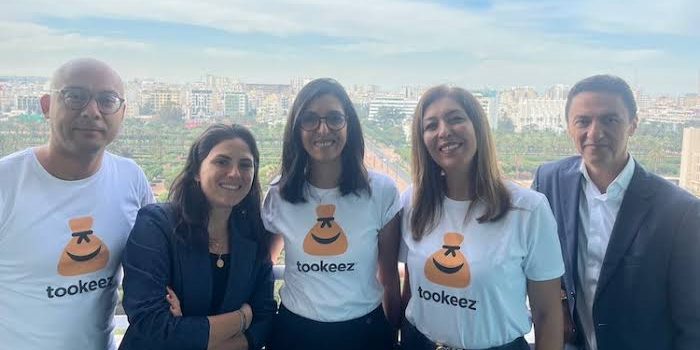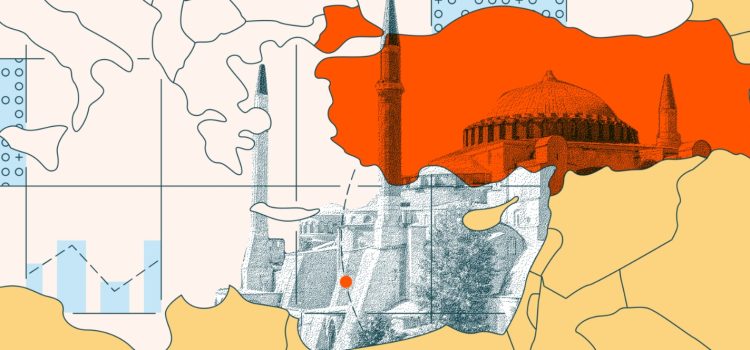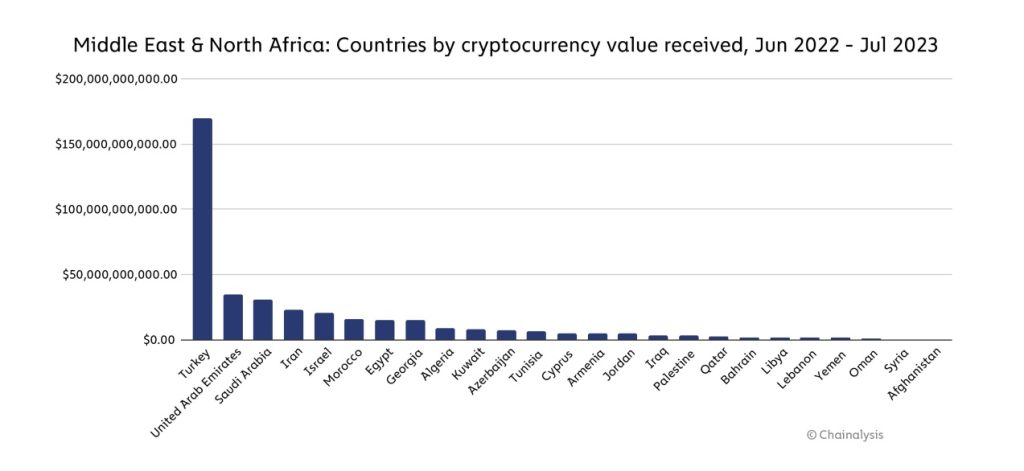
Bitget, cryptocurrency exchange, and UNICEF have partnered for a three year period to bring advanced digital skills and blockchain literacy to young people in eight regions globally including Morocco. Bitget will become part of UNICEF’s Office of Innovation Game Changers Coalition program and will offer blockchain training modules to teachers and blockchain skills to girls, their parents and mentors in Armenia, Brazil, Cambodia, India, Kazakhstan, Malaysia, Morocco, and South Africa.
Through the partnership, Bitget Academy, the educational arm of Bitget, will help develop UNICEF’s first interactive, online and in-person blockchain training module based on video games creation skills development for teachers and young people. Support from Bitget will also help expand the Coalition’s reach to a ninth country.
“This partnership reflects our shared belief that digital skills are a powerful driver of opportunity and inclusion,” said Sandra Visscher, Executive Director of UNICEF Luxembourg. “By collaborating with Bitget, we want to empower adolescent young people with the tools, knowledge, and confidence to shape their own futures. Innovation should be a force for inclusion, opening doors, broadening horizons, and ensuring that technology works for everyone, everywhere.”
“Emerging technologies should not be reserved for the privileged few—they must be introduced early and equitably. Blockchain, with its real-world use case and potential for social good, is one of the most powerful tools we can give to our younger generation to build products that change the way we look at modern society. With Blockchain4Her, what began as a mission to empower hundreds of women has scaled into a global movement to educate thousands of girls. This is the kind of scale and impact blockchain was built for,” said Gracy Chen, CEO at Bitget.
Bitget will also aim to introduce UNICEF to leading blockchain protocols and developers from across the Web3 landscape to participate in the educational initiative. These contributors could serve as mentors and partners, offering diverse perspectives and possibilities for blockchain technologies.
Every year, adolescent girls and young women in low and middle-income countries miss out on USD 15 billion in economic opportunities due to a gap in internet access and digital skills relative to their male peers. With 90 per cent of jobs today requiring digital competencies, the Game Changers Coalition responds to the urgency of closing the gender digital skills gap. Together, Bitget and UNICEF are working to build a scalable, inclusive model that equips young women with the tools to navigate and shape the digital economy of tomorrow.
As part of the Game Changers Coalition, Bitget joins the Global Video Game Coalition, Micron Foundation and ecosystem builders – Women in Games in a shared ambition to reach 1.1 million girls by 2027, with learning and skills-building opportunities.









